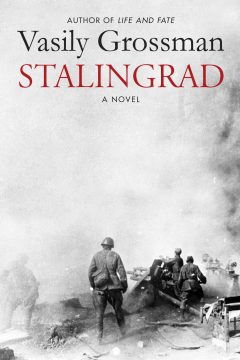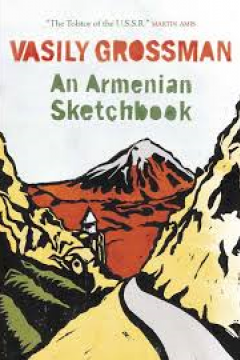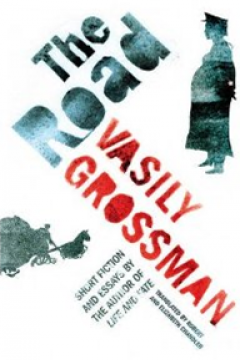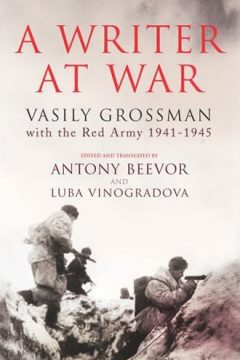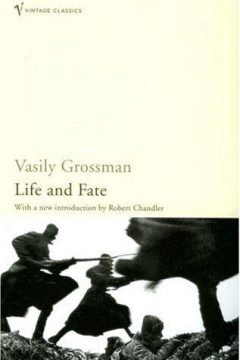Everything Flows
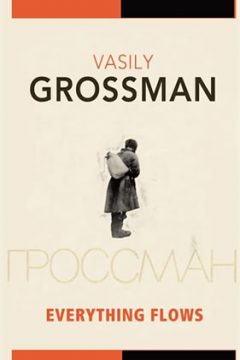 Vasily Grossman (Estate)
Vasily Grossman (Estate)
First published by the journal Oktyabr in Moscow in 1989 and in book form in the collection ‘Vse techet: pozdnyaya proza’ by Slovo, Moscow, 1994
Translated from the Russian by Robert Chandler, Elizabeth Chandler and Anna Aslanyan
Grossman wrote a first draft of Everything Flows in the mid 1950s. Like many of his works, it began as a response to an event of historical importance – in this case, the release of hundreds of thousands of prisoners from the Gulag. This is a story of a man returning home after 20 years in the Gulag, and his attempt to come to terms with a new-found freedom.
Ivan Grigoryevich is a political prisoner who set free after Stalin’s death, having endured thirty years in Siberia. Returning to the fragments of his former life, and encountering those whose lies sent him to the Gulag, he finds that the years of terror have destroyed ordinary decency and imposed a collective moral slavery. The central story of Ivan’s struggle to find a place in an unfamiliar world is simple yet moving. The reader is given only the bare bones of Ivan’s story – Grossman had too much to say and too short a time to live to concern himself with conventional novel-writing. Interspersed with Ivan’s story are other stories. A miniature play – a mock-trial of four different informers – is a subtle examination of the pressures that force people to compromise with an evil regime. The novel is also concerned with the ‘Russian soul’, with Lenin and Stalin, Moscow prisons in 1937 and the fate of women in the Gulag. It is written in a bold, perceptive and uncompromising style. His account of the least known act of genocide of the last century – the “Terror Famine” that killed around five million Ukrainian peasants in 1932-33 – is unbearably lucid, comparable in its power only to the last cantos of Dante’s Inferno.


